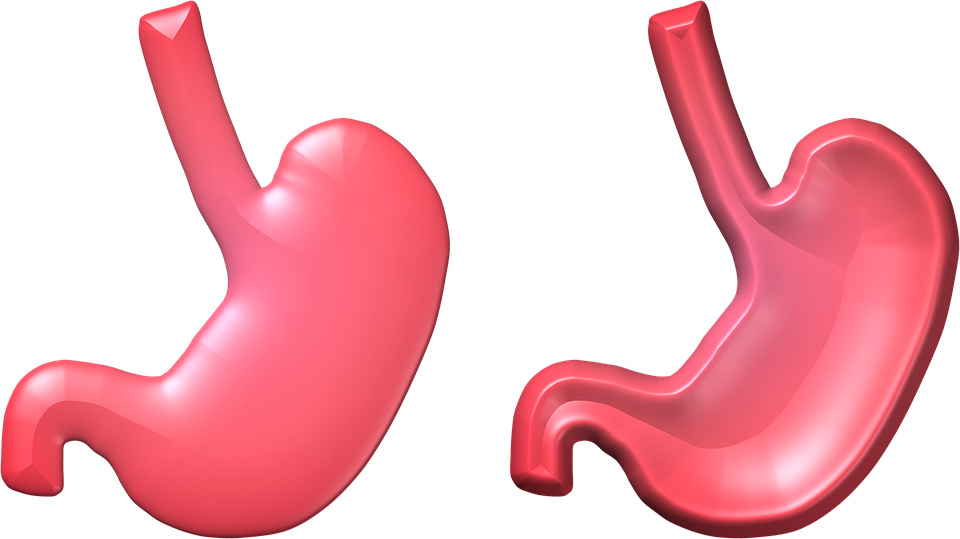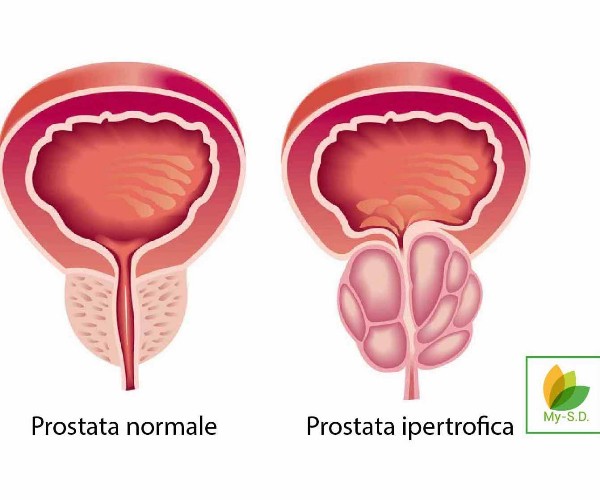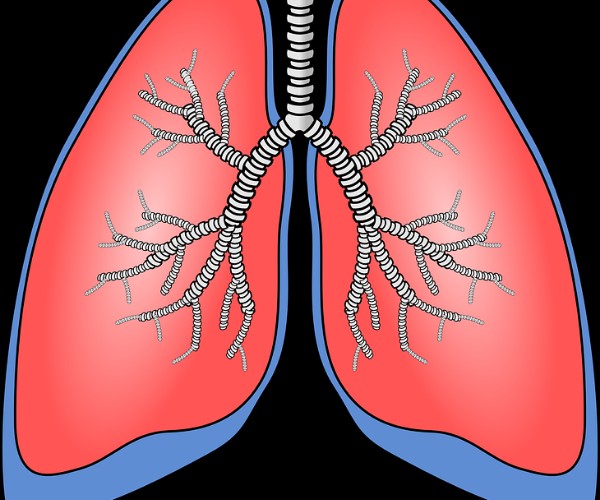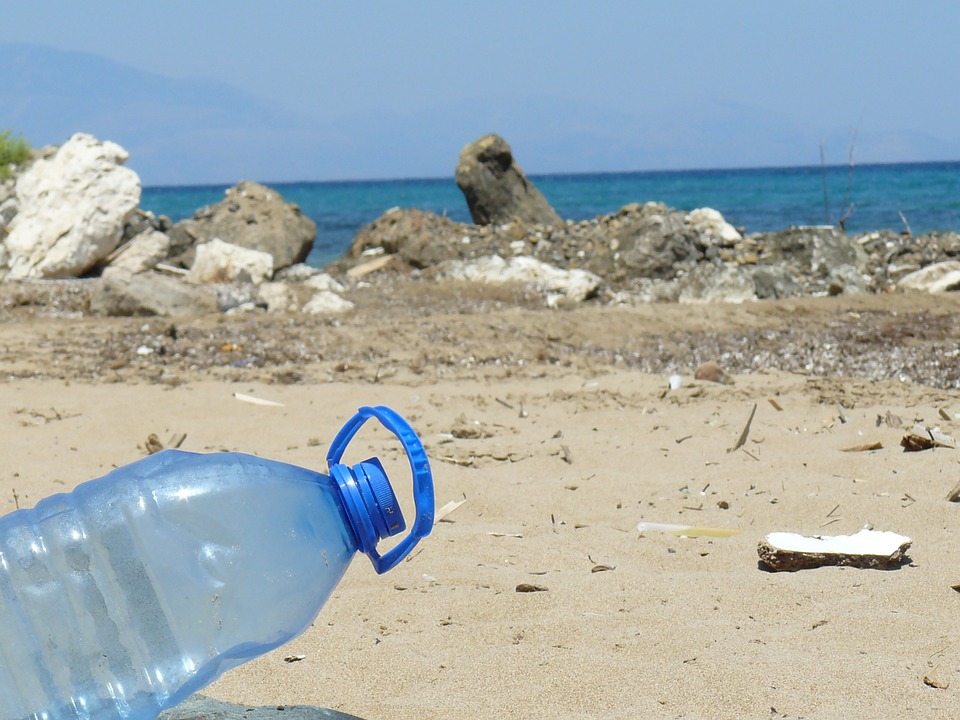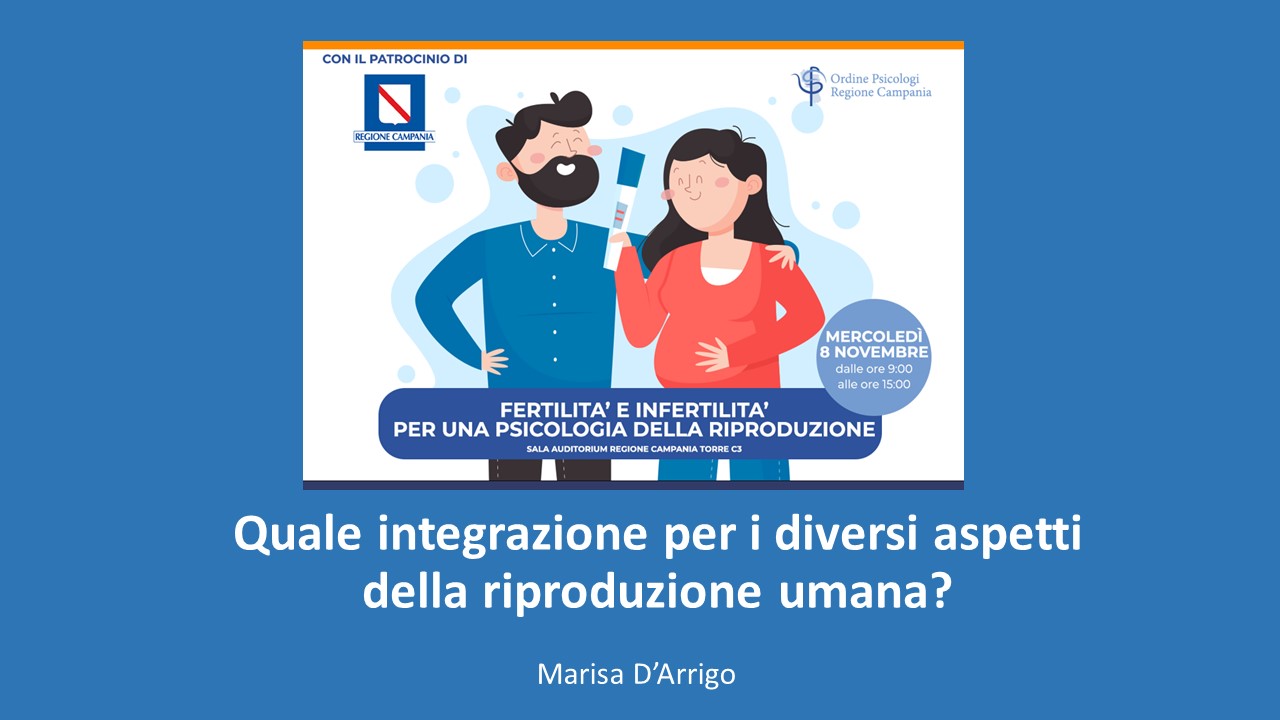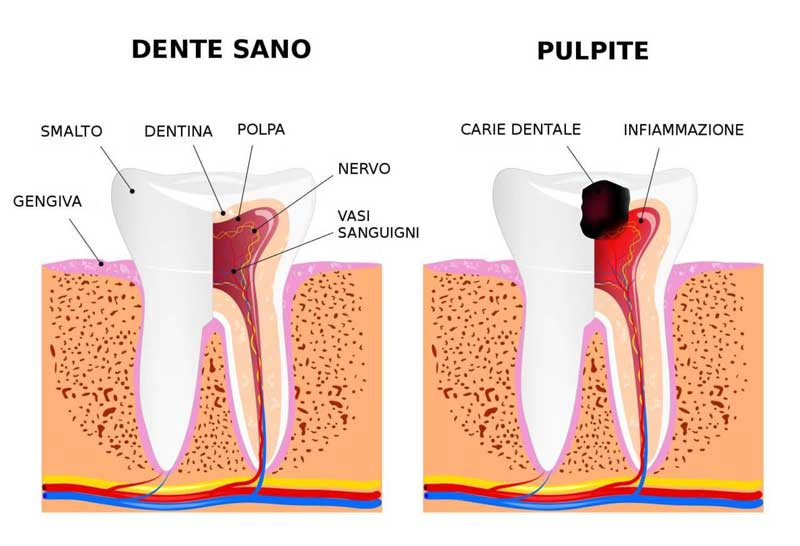More than 7 million Italians have been bedridden in recent weeks because of infuenza, which seems to be very aggressive indeed this year. As always, those most affected are the elderly, children, and all patients suffering from chronic conditions. The most common symptoms are fever, cough, and a general sense of exhaustion that affects the entire body, forcing sick people to take forced rest under the covers. This wave of the disease has not yet reached its peak (due next week), but its numbers have already surpassed those recorded last year.
According to Caterina Rizzo, an epidemiologist at the National Institute of Health, “This season is having a greater impact. We have the highest numbers in the last five seasons. Higher prevalence, but severe cases are in line with previous seasons. However, we are approaching the peak: in the last week of December there were 11 cases per 1,000 population, already in the last week we had 13.5. We think that the highest peak ever recorded was 15 cases per thousand, in the 2004-2005 season. So we are already at a high level.”
The most serious cases
Although the numbers of the most serious cases sian0 in line with those of past years, there was, unfortunately, no shortage of deaths. Since the beginning of surveillance (roughly around September 2017) there have been about 140 more serious cases reported, with as many as 30 deaths of individuals over the age of 25. Among the most serious cases, moreover, three involved expectant mothers, who, however, fortunately managed to recover without compromising the health of their babies. Of the 140 patients in serious condition, all were admitted to an intensive care unit and/or subintensive care unit, and 79 were intubated.
As mentioned earlier, those most at risk are undoubtedly children and individuals over 65, for whom the vaccine is recommended, although we are almost out of maximum time as the vaccine needs about two weeks to offer ideal protection.
How to treat yourself
To resist the flu attack, it is essential to put in place an important prevention and treatment effort. In the words of Claudio Mastroianni, Simit secretary, “It is essential to stay at rest and warm, drink, use anti-inflammatories and antipyretics. Antibiotics only in cases of bacterial complications since this is a viral form that can be treated with symptomatic therapy.” There is no need to go to the hospital immediately, but if the high fever continues for more than three days, a doctor should be contacted.

















